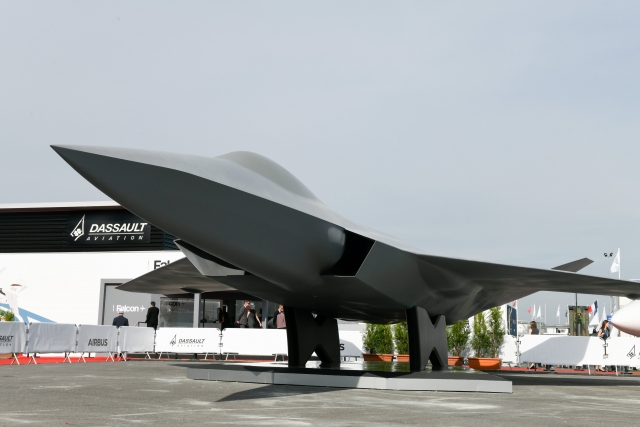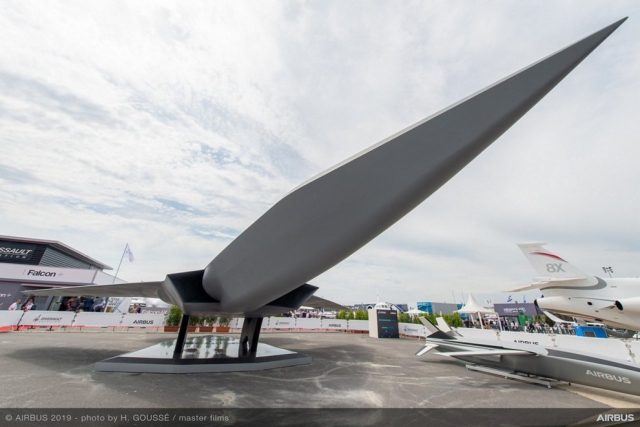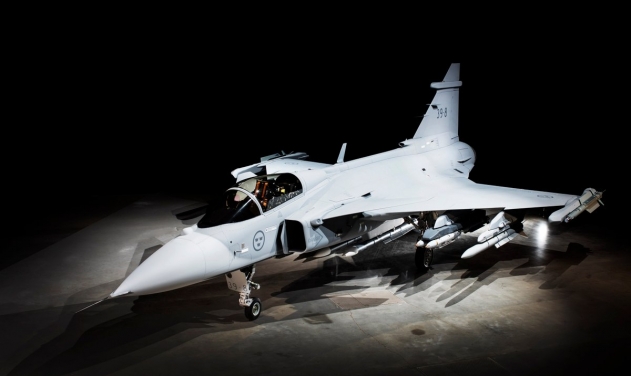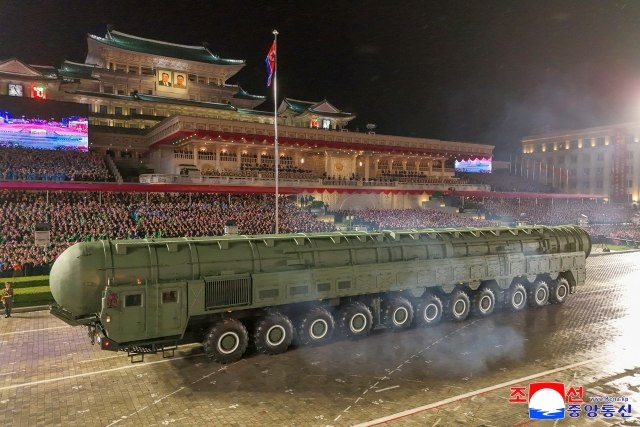Spanish Indra justifies role in FCAS Project after Airbus' Opposition

Indra has defended its position as a Spanish partner in the Future Combat Air System (FCAS) Project, parrying German Airbus’ claims that only it has the technological capability to build the sophisticated system.
On Wednesday, Fernando Abril-Martorell, president of Indra, called Madrid’s pick “very logical.” Defending his stance, he went on to say that “any other option would have the risk of relegating the Spanish industry to tasks with lower added value.”
The lead contractors for Germany and France are Airbus and Dassault respectively. Spain designated Indra as their national prime contractor last August, but a work-share agreement between the three companies and their subcontractor clusters has proven elusive. Madrid has lobbied to be treated as an equal partner on both, government and industry level. Relevant agreements were signed between the three countries last year.
A week ago, Airbus chief executive Guillaume Faury, remarked that the Spanish government must rectify its “mistake” of choosing Indra over Airbus. In his opinion, Indra is a sensors and equipment producer that lacked capabilities in airplanes, drones and satellites.
"You don't want someone who makes wheels or computers designing your car. You want a carmaker," Faury told El Confidencial on a visit to Spain to convince the government to rethink its decision.
“Had the government chosen any other company, Spain would have been awarded manufacturing tasks. Indra offers IT solutions in the era of extensive and irreversible digitalization,” April-Martorell was quoted as saying by El Espanol on Wednesday.
Dassault, Airbus, together with their partners MTU Aero Engines, Safran, MBDA and Thales, were awarded the initial framework contract (Phase 1A) which launches the demonstrator phase for the FCAS, a few days ago. While it assigned different roles to the above mentioned companies, Spain was left out. “The next important step in the FCAS programme will be the onboarding of Spain and the involvement of additional suppliers from Phase 1B onwards, which will succeed Phase 1A after its successful conclusion,” read a statement from Dassault.
The FCAS program consists of a manned Next-Generation Fighter (NGF) aircraft, accompanied by drones of specialized capabilities, like reconnaissance and strike. It is envisioned as a futuristic air power weapon that will replace the Rafale and Eurofighter fleets in France and Germany beginning in 2040. A so-called combat cloud will pump command-and-control data between all program platforms, essentially creating a flying network of sensors and weapons with the NGF as its hub.











